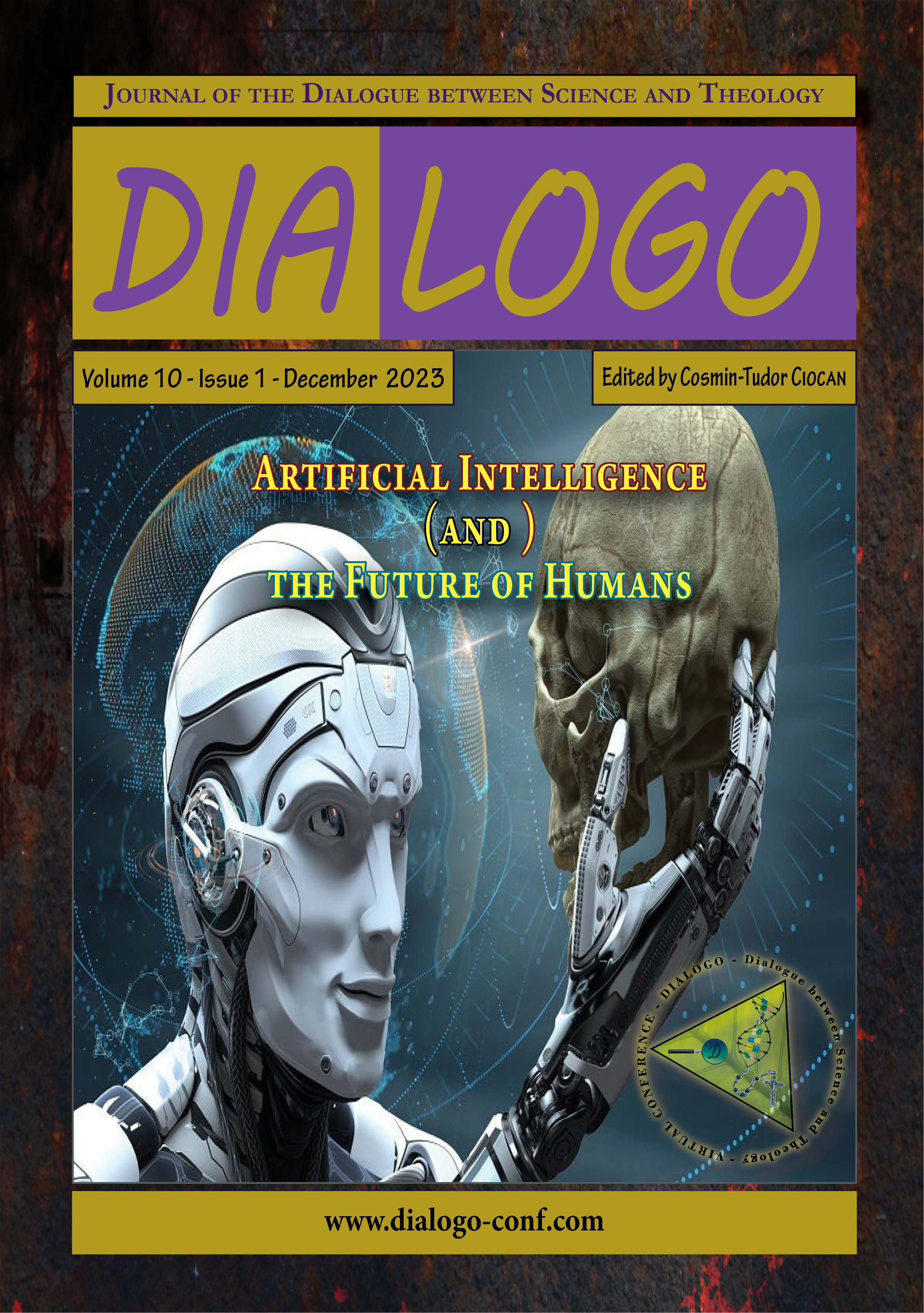The Boundary of Artificial Intelligence in Forensic Science
The Boundary of Artificial Intelligence in Forensic Science
Author(s): Yung-Fou Chen, Paul TsengSubject(s): International Law, Philosophy of Science, Scientific Life
Published by: Dialogo Publishing House SRL
Keywords: artificial intelligence; forensic science; traceology; cognitive bias; evidence interpretation;
Summary/Abstract: Artificial intelligence (AI) is poised to revolutionize forensic science by enhancing evidence analysis and aiding in crime-solving. This paper explores AI applications in forensic fields, focusing on DNA mixture analysis, the cause of death diagnosis, and the challenges AI faces in forensic science. It addresses the limitations of AI in forensic science, emphasizing the necessity for transparent AI systems used ethically. Forensic errors are often not due to misclassification by forensic scientists but stem from incompetence, fraud, weak scientific foundations, or organizational deficiencies, resulting in wrongful convictions. Systemic issues like dependence on presumptive tests and inadequate defense contribute to errors. Inconsistencies plague various domains of forensic science, including fingerprint and DNA analysis. Establishing standardized analytical procedures can enhance consistency and credibility in forensic science. AI applications in forensic anthropology, pathology, genetics, and statistics are explored, with a focus on their potential and challenges.
Journal: Dialogo
- Issue Year: 10/2023
- Issue No: 1
- Page Range: 83-90
- Page Count: 8
- Language: English

